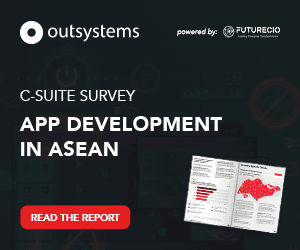Shaping the identity and values of the enterprise as a business leader only sometimes translates into concrete action.
Distinguished VP analyst Mary Mesaglio of Gartner explains a three-tiered values-to-action pyramid. This framework goes from defining values to establishing a starting point to implementing small, immediate, low-effort, everyday changes that can fuel significant innovation, inspiring and motivating a team.
"There's so much volatility and uncertainty in the world that leaders want to be able to come back to something that defines the identity of their enterprise or their team or their department. And that doesn't change, even if the external world changes, even if there's a bunch of external shocks, values have a longer life cycle and aren't supposed to change," Mesaglio shared.
She acknowledged, however, that values don't necessarily lead to concrete action: "They can just stay as some nice-sounding aphorisms that sit out in the ether and that we don't apply in our day-to-day."

Value
"Values are great. They're inspirational. They set a direction. They set a tone for the leadership. The problem with them is that they're not that specific. They don't drive coherent action." Mesaglio said.
She noted that generic values may lead to incoherent behaviors and different misinterpretations. "You need greater and greater levels of detail," she said.
Default starting point
According to Mesaglio, the second layer, the default starting point, is underneath the top layer, which is the value.
Mesaglio emphasised that anyone who wants their team, department, or enterprise to espouse a value must also provide a default starting point. This default is not a rule to be blindly followed but a starting point that says, "If you have no reason not to, here's where I want you to start." This provides a clear direction for the team.
Hacks
Mesaglio underlines the role of 'hacks' in driving behavioral change. She explains that if you want people to act, behave, and decide differently, you need the bottom layer of the values-to-action pyramid, which is 'hacks'.
According to Mesaglio, hacks are small, immediate, low-effort, actionable changes that you insert into your day-to-day work life: "Hacks are small little actions that have an immediate effect that insert that value in some meaningful way."
Originally posted in Gartner.





